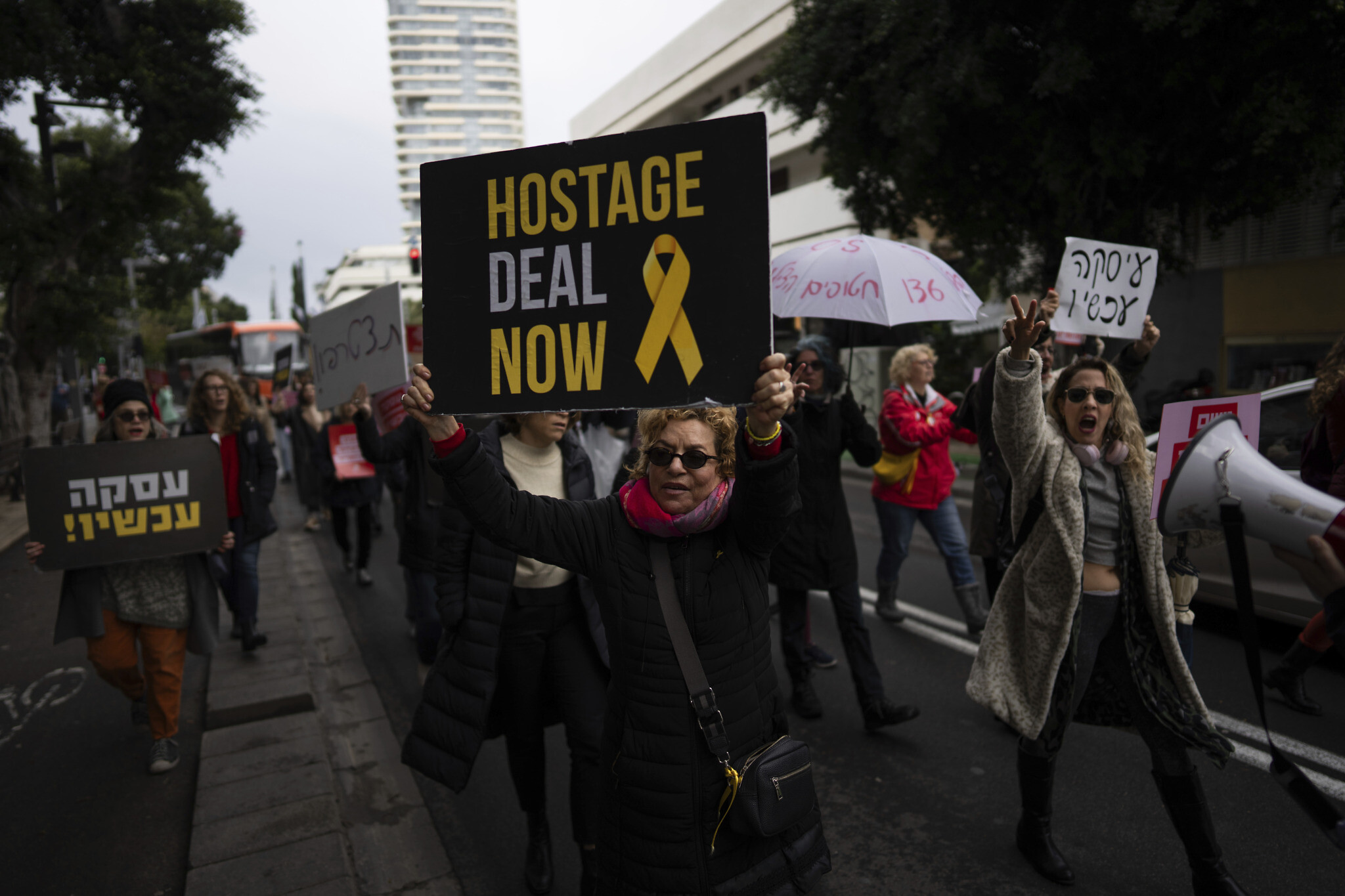Trump's Battle To Be On US President’s Ballot, 'Trump Versus Anderson' In The Us Supreme Court


The release from a high security UK prison of Julian Assange is a victory for him and his supporters around the world. Yet its certainly not a clear win for the freedom of the Press. As a part of the US deal, Assange has pleaded guilty of the ‘charge’ drawn from the Espionage Act,1917 and for which he has been sentenced to time served in the British prison. Assange was charged for ‘conspiring to unlawfully obtain and disseminate classified information related to the national defence of the United States of America. His release ends a 14 - year legal saga in which he spent more than 5 years in British high security jail and seven years in asylum at the Ecuadorean embassy in London battling extradition to Sweden on sexual assault allegations and to the US, where he faced 18 criminal charges.
Chief U.S. District Judge in Saipan, Ramona V. Manglona accepted Assange’s guilty plea, and noted that the U.S. government indicated there was no personal victim from Assange’s actions. Then she released him due to time he already served in a British jail. Thus though the WiKiLeaks founder has walked free from the US district court in Saipan, the Espionage Act will still hang over the heads of journalists and writers reporting or writing on national security issues, not just in the US but anywhere in the world.
The prosecution in USA had alleged that Assange was not a journalist in correct sense but a hacker and activist with an agenda, endangering the lives of his sources in USA. So the prosecution had contended that the Espionage Act could be applied without harming freedom of press. Whereas the advocates of freedom of press and civil liberties had taken a stand that it was irrelevant how Assange was being portrayed. The allegations that are levelled against him, “obtaining and disseminating classified information”, is what regularly practiced by national security writers and journalists for a living.
WiKiLeaks revelations about the Iraq and Afghan wars in 2010, were leaked by an army intelligence analyst. This analyst brought to light human rights abuses by the US military. These revelations were published by the Guardian and other news agencies maintaining that there involved a strong public interest in exposing those secrets to public.
President Biden never wanted Assange to be brought to US. Assange’s extradition to face trial would have been a damaging distraction for President Biden who is struggling to marginalise President Trump. Also he did not want to alienate progressive voters in an election year. That’s why President Biden had stated in April 2024 that he was considering an Australian request to drop the prosecution. But the US justice department had stuck to its guns and the prosecutors continued to press charges. The justice department agreed to a ‘plea deal’ only after Assange succeeded in securing his right to appeal against his extradition in the High Court in London last month.
There is no doubt that a plea deal has averted the worst case scenario for freedom of press, but this deal contemplated that the accused Assange has served 5 years in prison for something that journalists and writers indulge every day. No doubt it would cast a dark shadow over the most significant kind of writing - issues of national security.
Writer , Rajiv Chavan, is the Senior Advocate & Former President of Advocates' Association of Western India (2013-2015 & 2015-2018)


































